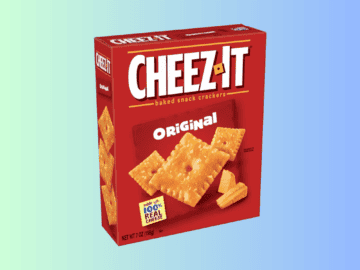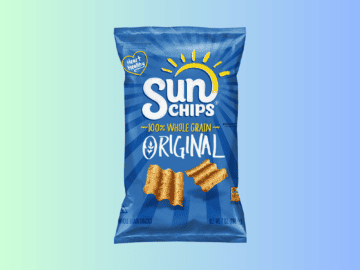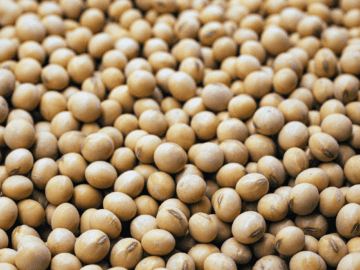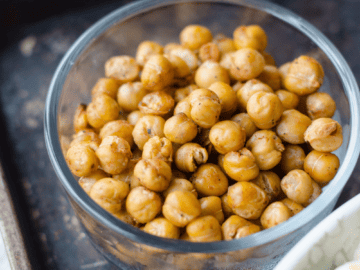No, couscous is not gluten free.
…
When it comes to gluten-free diets, there is often confusion about what is safe to consume and what should be avoided.
One common question that arises is whether couscous, a popular grain-based dish originating from North Africa, is gluten-free.
In this article, we will dive deep into the topic and explore whether couscous can be enjoyed by those following a gluten-free lifestyle.
Understanding Gluten
Before delving into the gluten content of couscous, let’s take a moment to understand what gluten actually is.
Gluten is a type of protein found in wheat and related grains such as barley and rye. It is responsible for the elasticity and chewy texture in many baked goods and other grain-based products.
What is Couscous?

Couscous is a traditional dish made from tiny granules of durum wheat semolina. It has been a staple in North African cuisine for centuries and has gained popularity worldwide due to its versatility and ease of preparation. Couscous is commonly used as a base for stews, salads, and as a side dish.
Why isn’t Couscous Gluten-Free?
Unfortunately, couscous is not gluten-free.
As mentioned earlier, it is made from durum wheat semolina, a type of flour that is derived from durum wheat, which contains gluten.
Therefore, individuals with celiac disease or gluten intolerance should avoid couscous in their diet.
Gluten-Free Alternatives to Couscous
If you follow a gluten-free diet or have celiac disease, there are several alternatives to couscous that you can enjoy.
Here are some popular gluten-free substitutes:
1. Quinoa
Quinoa is a highly nutritious grain-like seed that is naturally gluten-free. It has a similar texture to couscous and can be used as a replacement in various recipes.
2. Rice
Rice is a versatile gluten-free grain that can be used as a base for many dishes. You can opt for white rice, brown rice, or even experiment with different varieties like jasmine or basmati rice.
3. Cornmeal
Cornmeal is a gluten-free option that can be used to make polenta or as a base for dishes like Mexican cornbread.
4. Buckwheat
Despite its name, buckwheat is not related to wheat and is naturally gluten-free. It can be cooked and used as a couscous substitute in salads or as a side dish.
5. Millet
Millet is a small gluten-free grain that has a slightly nutty flavor. It can be cooked and used as a couscous alternative in various recipes.
Final Words
So to reiterate what was spoken upon earlier, couscous is not gluten-free since it’s made from durum wheat semolina, which unfortunately contains gluten.
Individuals who follow a gluten-free diet or have celiac disease should avoid couscous.
However, there are numerous gluten-free alternatives available, such as quinoa, rice, cornmeal, buckwheat, and millet, which can be used as substitutes in various recipes. It is essential to be aware of cross-contamination risks when preparing gluten-free meals to ensure the safety of individuals with gluten intolerance.
By making informed choices and exploring alternative options, those following a gluten-free lifestyle can continue to enjoy delicious and diverse meals.






Leave a Reply